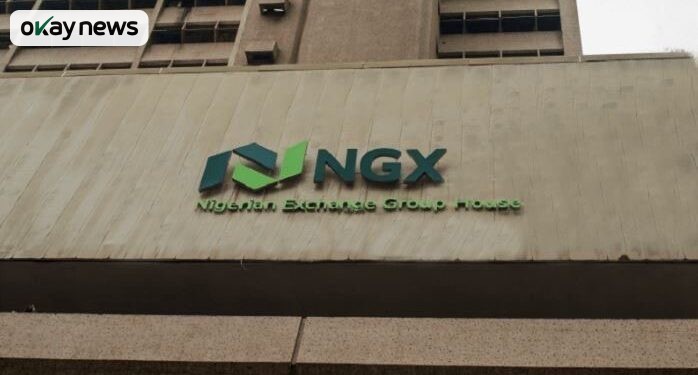A UK-funded trade mission in Abuja has opened new pathways for Nigerian women-led businesses to tap into an estimated $32 million in untapped export potential, marking a significant push to expand women’s participation in international trade.
The initiative brought together 30 Nigerian entrepreneurs and 12 UK importers for targeted business engagements from 18 to 20 November.
The trade mission, organised by the International Trade Centre and the Nigerian Export Promotion Council under the SheTrades Commonwealth+ Programme, prioritised agrifood and beauty products—categories where Nigerian women-led enterprises show strong competitiveness but limited formal export penetration. The UK government funded the mission as part of its broader effort to deepen commercial links with Nigeria while advancing inclusive trade.
Speaking at the opening session, British Deputy High Commissioner to Nigeria, Gill Lever OBE, reaffirmed the UK’s commitment to broadening market access for women entrepreneurs. She said the mission had already demonstrated commercial viability with more than $300,000 in early sales. According to her, “The success we’ve already seen shows what’s possible when we unlock opportunities for women in trade.”
Lever said the initiative aligns with the UK’s Developing Countries Trading Scheme, which grants duty-free and quota-free access to over 92% of Nigerian exports entering the UK. She added that improved export pathways could significantly enhance bilateral trade flows, particularly for high-demand consumer goods.
NEPC Executive Director and CEO, Nonye Ayeni, described women as central to Nigeria’s long-term export diversification strategy. She emphasised that integrating women-led firms into global value chains is critical to strengthening the non-oil economy. Ayeni said the mission complements Nigeria’s drive to expand export-ready capacity across priority sectors.
ITC’s Programme Manager for SheTrades Commonwealth+, Michelle Kristy, said UK buyers have shown growing interest in Nigerian agrifood and beauty products due to the country’s natural ingredients, artisanal production strengths, and competitive pricing. She noted that the mission aims to build sustainable buyer–supplier relationships beyond the Abuja meetings.
This week’s engagement follows earlier programmes in 2025, including Nigerian participation at Halal Expo Manchester and a business-to-business outreach series in the UK, which generated over $300,000 in sales and commercial leads. The mission also aligns with ITC’s ongoing work with Nigeria’s Bureau of Public Procurement and the UN CEDAW Committee to finalise an affirmative procurement policy for women, youth, persons with disabilities, and other underserved groups.
Between 2024 and 2025, the SheTrades Commonwealth+ Programme trained more than 1,000 Nigerian women in export readiness, digital branding, and certification processes. The NEPC-hosted SheTrades Nigeria Hub continues to support women entrepreneurs with advisory services, capacity building, and expanded market linkages.







